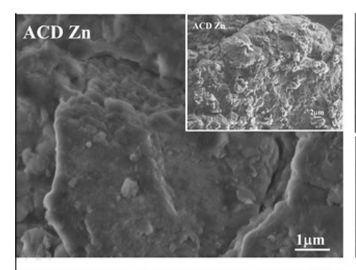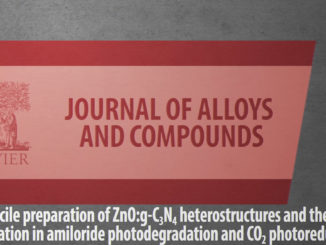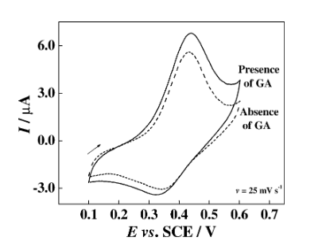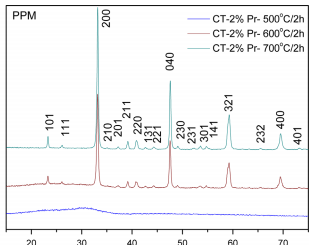
Biodiesel obtained by ethylic transesterification using CuO, ZnO and CeO2 supported on bentonite
Abstract: This research aims to study the feasibility of using bentonite clays in their natural form, acidified and impregnated with CuO, ZnO and CeO2 by a microwave-assisted solvothermal method, for use in the production of biodiesel. Characterization of the materials confirmed impregnation on the bentonite. Transesterification reactions were performed using the ethylic route at 200 degrees C in a Parr reactor for 1, 2 and 4 h. The results indicated that acidified bentonite led to the conversion of triacylglycerides into esters in addition to small amounts of diacylglycerides and monoacylglycerides. However, this material does not lead to the homogeneous impregnation of the oxides on its surface. For the natural bentonite, almost no conversion was obtained for the pure material, but a homogeneous impregnation with zinc oxide was attained, leading to 88% conversion after 4 h of a catalytic test. (C) 2015 Elsevier Ltd. All rights reserved.
Author(s): Farias, AFF; Moura, KF; Souza, JKD; Lima, RO; Nascimento, JDSS; Cutrim, AA; Longo, E; Araujo, AS; Carvalho, JR; Souza, AG;
FUEL
Volume: 160 Pages: 357-365 Published: NOV 15 2015
PDF: Biodiesel obtained by ethylic transesterification using CuO, ZnO and CeO2 supported on bentonite
DOI: 10.1016/j.fuel.2015.07.102




